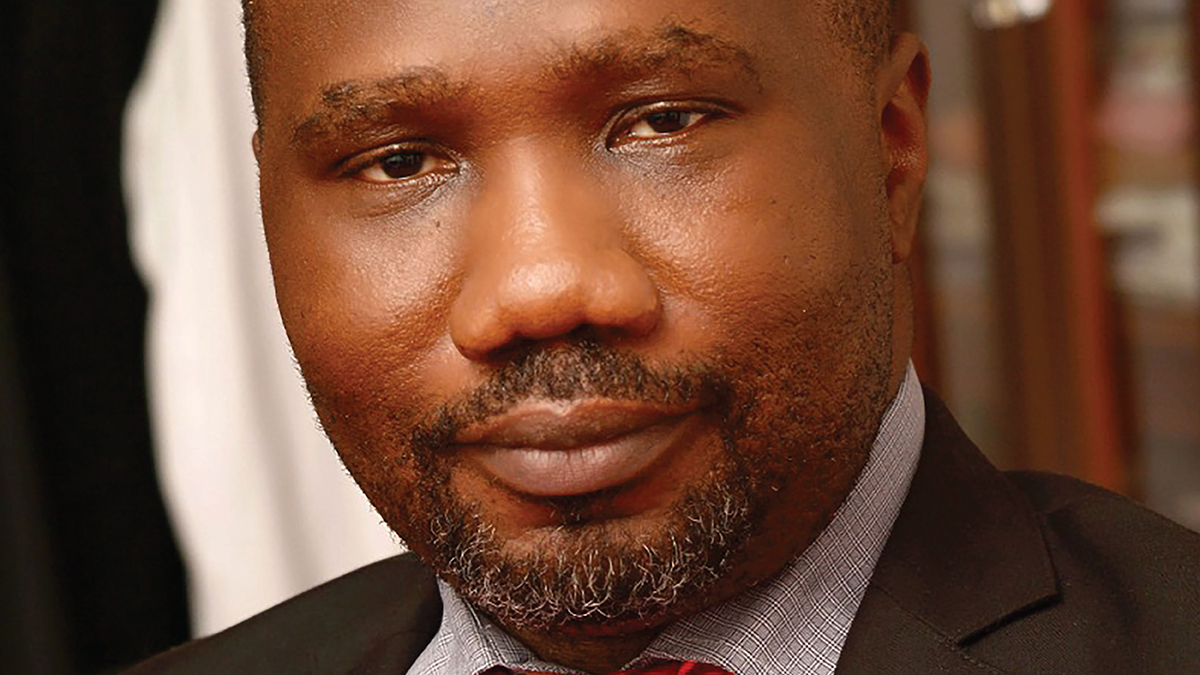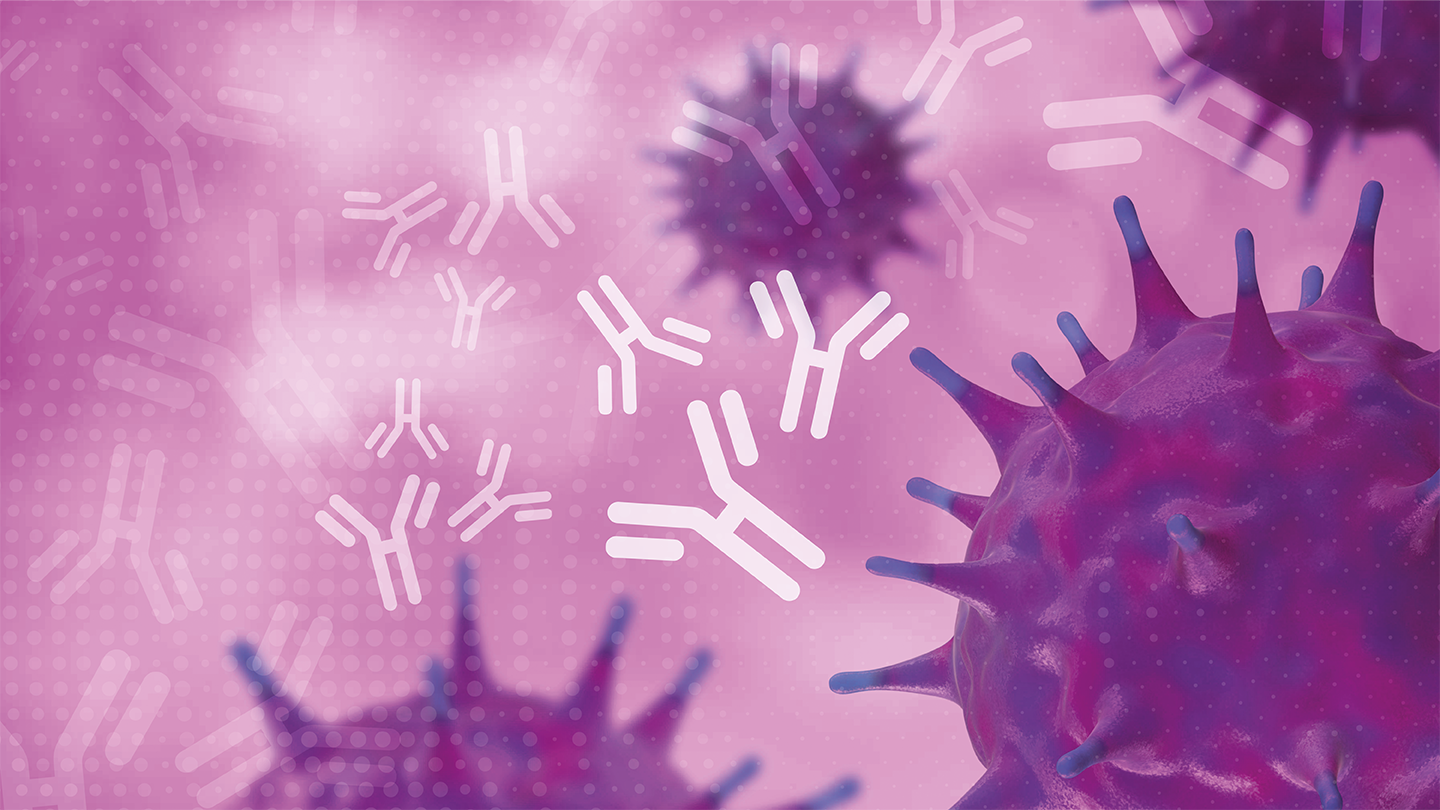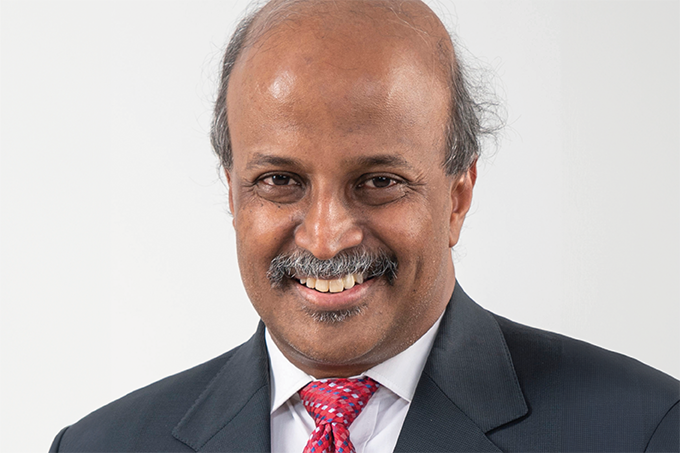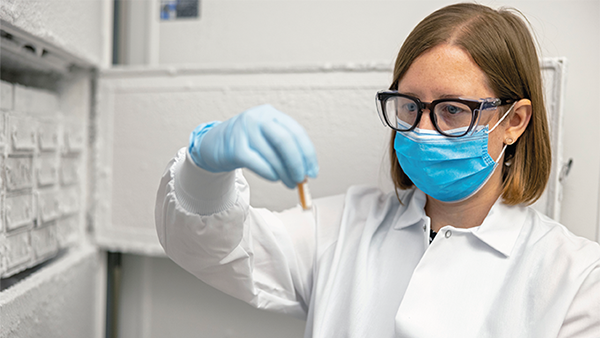Dimie Ogoina: The Torchbearer for Nigeria’s Healthcare
Sitting Down With… Dimie Ogoina, Infectious Disease Physician at the Niger Delta University Teaching Hospital, Okolobiri, Bayelsa State, Nigeria
What inspired you to become an infectious disease physician?
I developed an interest in microbiology during my fourth year of medical school, following the inspiring lectures given by the late Laszlo Egler, Professor of Medical Microbiology and Medicine at Ahmadu Bello University, Zaria, Kaduna State, Nigeria. Meanwhile, during my first posting in clinical medicine, I became interested in bedside medical practice and enthralled with internal medicine because it offered me the opportunity to hone my analytical skills. It was a no-brainer then that being an infectious disease physician was my calling – providing an opportunity to learn about microbiology while practicing bedside medicine.
You were featured in Nature’s 10 in 2022. How did you feel when you found out – and how has it been for you since it was announced?
I felt very honored and privileged; it was a pleasant surprise and very unexpected. My listing in Nature’s 10 was a new height in both my professional career and personal life; however, the recognition was not just for me, but also for my institution, state, and country. The successful response to the 2017 mpox outbreak in Nigeria was a collective effort of many individuals and institutions, including the Federal and State governments and their various ministries of health. I was happy that our observations and sacrifices during the outbreak were recognized – and although I may have been the torchbearer, there were many behind me who equally deserved praise and commendation.
Since the announcement, my professional visibility has grown significantly. I suspect some of the scientific collaborations, interviews, and guest speaker invitations are partly due to my being featured in Nature’s 10. However, I take the recognition as a challenge to stay focused and excellent. I always tell myself: “Dimie, you are listed in Nature’s 10 – you must break new ground and avoid mediocrity!”
For me, Nature’s 10 has opened a door in my journey to make a real difference in science and medicine.
We hear a great deal about health inequities in low- and middle-income countries. How do you think that affects infectious disease care in Nigeria?
There are health inequalities throughout the whole chain of healthcare in Africa, including Nigeria, especially in response to infectious diseases of public health concern. The COVID-19 pandemic and 2022 mpox outbreak illustrate various aspects of this inequity; for example, there are stark inequities in i) vaccine and therapeutic manufacturing capacity, ii) decision-making regarding which diseases and population(s) will be treated, iii) access to medical countermeasures, iv) funding for procuring treatments and vaccines, v) distribution of available countermeasures, and vi) which populations are selected to receive and use these resources.
It has been almost a year since the 2022 mpox outbreak first began, yet Nigeria and many other countries in Africa known to be endemic for mpox have still not received access to mpox therapeutics and vaccines. However, it is important to emphasize that African countries should not always wait for handouts from the developed world. We must invest in our health systems, show commitment, and take ownership of the response to public health threats in our continent. Nobody cares about us more than us.
What lessons do you think other countries could learn from health professionals in Nigeria?
Our capacity to work successfully in difficult situations and environments, our creativity, and our relentless pursuit for knowledge. Nigeria health professionals are among the best-trained in the world; they can work in any environment – and do so excellently.
What has been the biggest challenge you’ve faced in your career?
I take the challenges I have faced as opportunities to learn, develop resilience, and become well equipped for what life offers me. In particular, there are two major challenging situations in my career of note.
The first challenge was when I received a provisional pass in an exam – part two of a dissertation for an immunology and infectious disease fellowship at the West African College of Physicians. The examiners raised concerns about my approach to the statistical analysis of my data and requested that I reanalyzed my results before I could be given a clear pass. This singular event was instrumental to what I have learnt today about medical statistics and has helped me in analyzing research data for publishing – without the need to consult a statistician.
The delay in my appointment as a consultant and medical lecturer after qualifying as an infectious disease physician was also challenging. I was discouraged that I completed my training but had no employment for close to six months. Thankfully, I was able to secure an appointment thereafter, but the waiting period taught me some lessons about life and how opportunities are not always related to skill or knowledge, but rather dependent on grace.
What are the proudest moments of your career so far?
I am very proud that I was able to rise to the rank of Professor of Medicine at 40-years-old. Even during medical school, my ambition was to become a renowned Professor of Medicine and I am still on my journey there. I am also pleased that I have had opportunities to contribute to healthcare and medical education in Nigeria as an academic and infectious disease physician.
Being recognized for the work we did during Nigeria’s 2017 mpox outbreak was also a proud moment, especially because the observations were made in a small hospital without funding or external support.
If you weren’t an infectious disease physician, what would you be doing?
Maybe a computer scientist! I have good analytical skills and work well with complex issues. I was also interested in computer science after completing my secondary education – but medicine seemed more appropriate. I have some proficiency in software and 2D animations. And I have even developed some medical games and published an app on the Google Play Store!
To read more about Dimie Ogoina’s work with mpox, check out the first part of this interview here.





